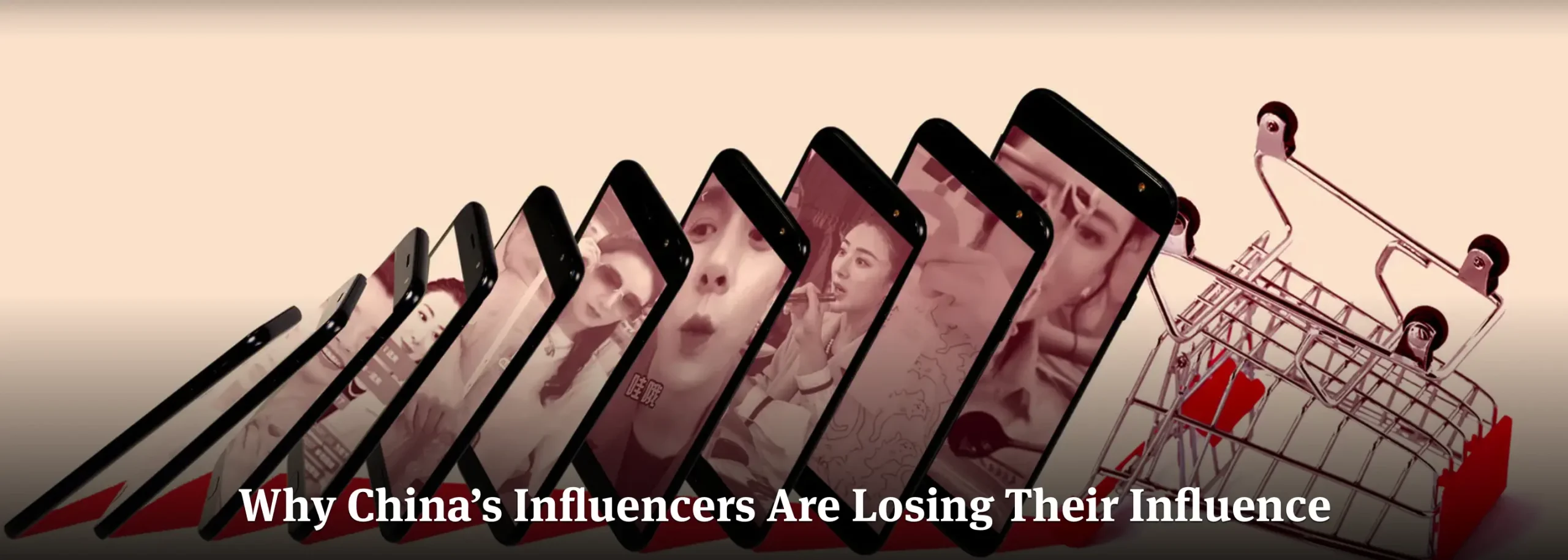Why China’s Influencers Are Losing Their Influence
China’s love affair with influencers is starting to cool.
This article originally ran in The Information on June 2, 2022.
For years, the country’s internet users have been under the spell of online celebrities who promote all kinds of goods—makeup, automobiles, kitchen appliances—in livestreams, at times moving billions of dollars’ worth of merchandise in a single broadcast. Consumer brands were so eager to get in on the action that a year ago one Beijing-based consulting firm, WPIC, was helping all 40 of its e-commerce clients nab coveted—and pricey—slots for their products on influencers’ livestreams, according to WPIC CEO Jacob Cooke. Those clients included the American blender maker Vitamix, which appeared on a shopping broadcast hosted by Huang Wei, a wildly successful Chinese internet celebrity better known as Viya.
Now, though, Vitamix and the other companies WPIC works with are shifting the marketing budgets to their own livestreams, which WPIC helps them produce and distribute through popular online platforms in China. WPIC says only about a fifth of its clients are still pursuing deals with influencers, which can give the internet celebrities a commission of 20% or more on transactions. Brands’ growing reluctance to pay the soaring cost of working with top streamers is just one reason why influencers’ stars are beginning to dim in China, where livestreaming e-commerce generates hundreds of billions of dollars in transactions on giant platforms operated by ByteDance (TikTok’s parent company), Kuaishou, Xiaohongshu and Alibaba.

Read the full article in The Information.

